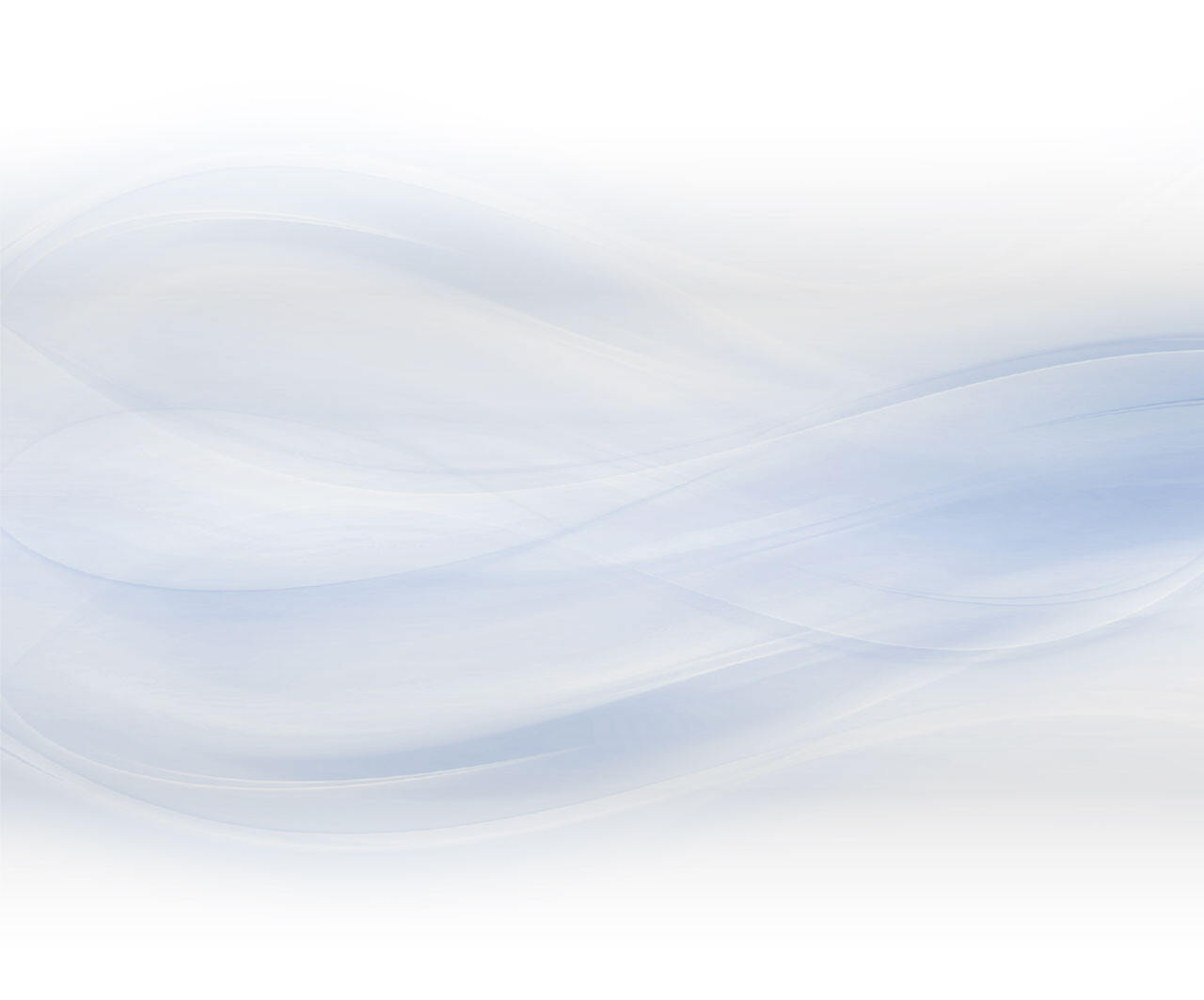Tips about sweating
Sweating is important, vital and completely natural.
During sweating, the increased blood circulation activates the 2 - 5 million sweat glands located in the skin. As soon as the sweat evaporates, the skin is cooled down and the body temperature is regulated.
In principle, sweat smells neutral, because it consists of 99% water. The strong smell only develops when the bacteria on the skin decompose the sweat. Especially the sweat under the armpits smells unpleasant, because it can hardly evaporate there. The humid and warm environment also promotes bacterial growth.
Many different factors influence the personal sweating process:
Shaving the armpits: By regularly shortening or shaving armpit hair, the air circulation is improved and the area for bacteria is minimised, which reduces unpleasant sweat odour.
Clothing: Synthetic materials quickly lead to unpleasant sweating, as these inhibit air circulation. Loose-fitting cotton fabrics, on the other hand, are ideal.
Diet: Certain foods raise the body's internal temperature and thus activate the body's own cooling mechanism. Heavily spiced food, coffee and alcoholic beverages lead to increased sweating and should therefore be enjoyed consciously.
Sports & sauna: A fit and healthy body does not sweat as quickly, which can prevent unwanted sweating. As with sports, the same applies to regular sauna sessions: Targeted sweating supports the body's regulation of perspiration.
When it comes to protection against odour and sweat, a distinction is made between deodorants and antiperspirants. While a deodorant ensures that sweat remains odourless without reducing the flow of sweat, an antiperspirant primarily reduces the activity of the sweat glands thanks to the aluminium salts it contains.
The aluminium salt ACH is a water-soluble compound made of aluminium. To this day, it is considered one of the most effective active ingredients against sweating and is therefore increasingly used in the field of deodorant protection.
Aluminium is the most common metal in the earth crust and enters our body naturally through drinking water and many foods. Packaging containing aluminium and certain drugs can also lead to increased absorption.
For several years, the question of the health risk of aluminum in antiperspirants has resurfaced again and again; scientific data was unclear. In 2019, an independent panel of European experts conducted a re-evaluation of the safety of aluminum in cosmetic products, which include antiperspirants and deodorants. This expert panel “Scientific Committee on Consumer Safety” (SCCS) issued its final opinion on aluminum at its plenary meeting on March 03 and 04, 2020, confirming the fact that there is no evidence of increased cancer risk due to aluminum in all cosmetic products. They consider that the systemic exposure to aluminium via daily applications of cosmetic products does not add significantly to the systemic body burden of aluminium from other sources, such as diet. Thereby, the experts not only considered cosmetics in isolation, but also took into account exposure from other sources such as diet to ensure that overall exposure is safe.
Bacteria decompose sweat and unpleasant odours are released. Bacteria use certain enzymes to decompose sweat. MUM® Pure, the MUM® deodorant without aluminium, contains the active ingredient triethyl citrate. This is derived from vegetable origin and a derivative of citric acid. Triethyl citrate is an enzyme inhibitor and inactivates the enzymes responsible for the breakdown of sweat, so that no sweat odour is produced. MUM® Pure is rounded off by a discreet fragrance.
For a particularly good effect, MUM® should always be applied to cleansed, dry skin - preferably immediately after showering. Once the bacteria have started to break down the sweat and cause the unpleasant body odour, deodorant and antiperspirant only help to a limited extent. Antiperspirants work better if they are applied before bed, because at night the sweat glands are less active and so the antiperspirant ingredients can develop their effect better.
Deodorants and antiperspirants can cause irritation immediately after shaving, as the skin is particularly sensitive. It is therefore better to wait a little bit before applying MUM®. To avoid stains, the applied product should be dried before dressing.
When we talk about deodorant stains, we usually mean stains caused by antiperspirants with aluminium salts. Shaking the roll-on or spray vigorously before use can prevent these white or yellow residues. It is also best to wait until the product has completely dried on the skin.
If stains and marks do occur, it helps to place the garment in a concentrated detergent solution or diluted citric acid before washing. Of course, the quality of the fabrics must be taken into account. It should be tested on an invisible part of the garment beforehand.


